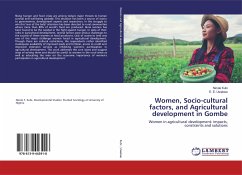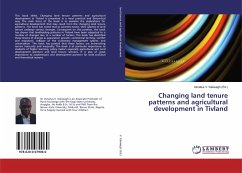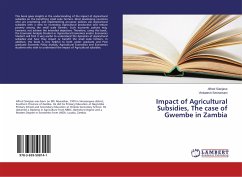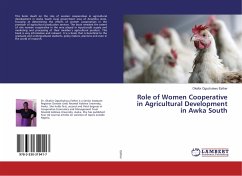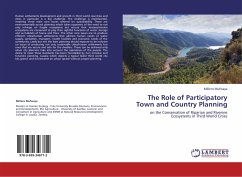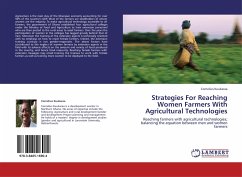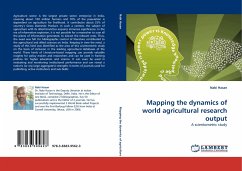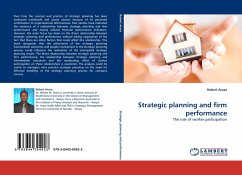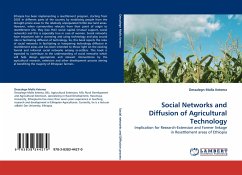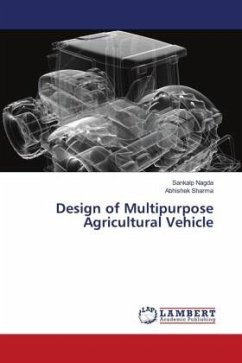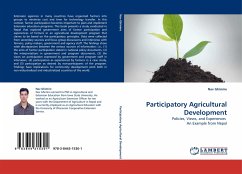
Participatory Agricultural Development
Policies, Views, and Experiences An Example from Nepal
Versandkostenfrei!
Versandfertig in 6-10 Tagen
39,99 €
inkl. MwSt.

PAYBACK Punkte
20 °P sammeln!
Extension agencies in many countries have organized farmers into groups to minimize cost and time for technology transfer. In this context, farmer participation becomes important to plan and implement Extension education programs. This book presents a study conducted in Nepal that explored government aims of farmer participation and experiences of farmers in an agricultural development program that claims to be based on the participatory principles. Data were collected from secondary sources and focus group discussions and interviews with farmers, policy makers, government and agency staff. Th...
Extension agencies in many countries have organized farmers into groups to minimize cost and time for technology transfer. In this context, farmer participation becomes important to plan and implement Extension education programs. This book presents a study conducted in Nepal that explored government aims of farmer participation and experiences of farmers in an agricultural development program that claims to be based on the participatory principles. Data were collected from secondary sources and focus group discussions and interviews with farmers, policy makers, government and agency staff. The findings show wide discrepancies between the various sources of information: i.e., (1) the aims of farmer participation stated in national policy documents, (2) the interpretations in government and program documents, (3) the views on participation expressed by government and program staff in interviews, (4) participation as experienced by farmers in a case study, and (5) participation as desired by non-participants of the program. Findings have implications for community development work both in non-industrialized and industrialized countries of the world.



